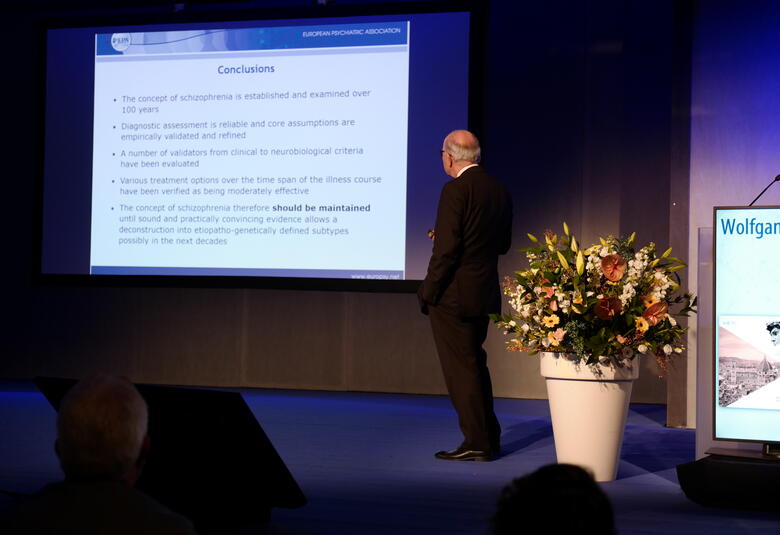
Domains of dysfunction
A report from a Lundbeck-organised meeting held during APA 2015.
Thomas Insel’s novel proposal for research criteria based on behaviour and neurobiology suggests that we should identify the neural circuitry underlying mental disorders, detect the earliest manifestation of illness or risk of it (the equivalent of cancer in situ) and pay attention to disease domains. These include those associated with negative valence (acute threat and fear), positive valence (reward and learning), cognitive systems, and social processing.
In the case of depression, we have tended to ignore cognitive deficits. In part this is due to the idea that neuropsychological testing is time-consuming, in part to the belief that any such problems disappear with resolution of depression, and in part to the idea that there is little we can do about them. But all of these ideas should be challenged, Professor Sidney Kennedy (St Michael’s Hospital and University of Toronto, Canada) told a lunchtime meeting. In particular, we should reject the idea that cognitive impairment disappears with treatment for depression. It doesn’t.
One of the most important ways we have moved forwards is in recognising that cognition and its impairment in depression is directly associated with functional outcome and, in particular, with difficulties in returning to work and family life. According to Lee et al, impaired executive function and difficulties in memory at baseline among young adult depressed patients predict around 50% of the variability in outcome at two years.
Studies using the Cantab neuropsychology battery showed significant deficits in executive function and memory in MDD patients in remission. There is decline in memory with each episode of depression and this is associated with reduction in volume of the hippocampus. Compared with controls, structural MRI shows that cortical thinning is evident in MDD patients. This is associated with inattention and poor visual memory for social stimuli.
There are now cognitive test batteries that can be completed in 10-15 minutes and some can be self-administered while patients wait to see their doctor.
The deficits found most consistently in patients with major depression are in executive function, working and episodic memory, and processing speed. It has become clear that treatment of depression does not simply make associated pseudodementia go away.
In terms of treatment, assessment of transcranial magnetic stimulation is in its early days. But pilot studies suggest that cognitive remediation therapy, which uses behavioural strategies – including computer games – to improve areas of particular impairment -- can make a difference, as shown by the work of Christopher Bowie. So too can our choice of antidepressant, since drugs differ in their effects on cognitive symptoms in depression.
Brain imaging allows exploration of the neural circuitry involved and suggests ways in which therapy may improve neurocognition. This is highly relevant given the outcomes that depressed patients want from treatment. The work of Zimmerman et al reminds us that depressed patients prioritise positive mental health (optimism and vigour), feeling like their normal selves, and a return to their usual functions at work and home. Absence of the symptoms of depression per se came sixth on the list.
Our correspondent’s highlights from the symposium are meant as a fair representation of the scientific content presented. The views and opinions expressed on this page do not necessarily reflect those of Lundbeck.


